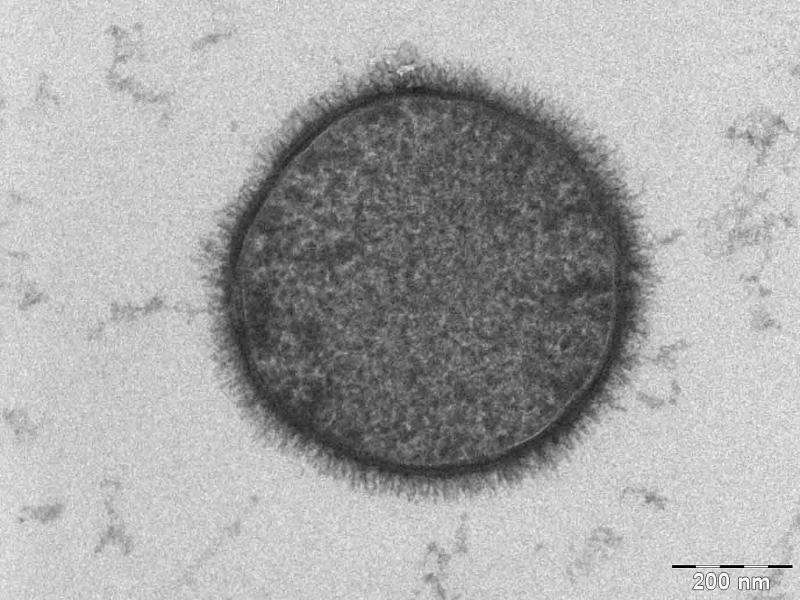This article has been reviewed according to Science X's editorial process and policies. Editors have highlighted the following attributes while ensuring the content's credibility:
fact-checked
proofread
It's not just humans—bacteria also have memory, study suggests

A recent study led by Dr. Ilana Kolodkin-Gal from the Scojen Institute for Synthetic Biology at Reichman University has found that beneficial bacteria, such as Bacillus subtilis—which is used, among other things, as a probiotic and a biological control agent—have memory.
The bacteria are able to express genes associated with colonization and symbiosis with their host for generations, even after being detached from the host. This transfer of information between generations of bacteria allows them to efficiently recolonize a new host, giving them an advantage over naïve bacteria that have never formed a stable interaction with a plant.
The genes with multigenerational inheritance patterns were associated with resistance to stress, highlighting the importance of the defenses that the bacteria develop during plant colonization. This multigenerational inheritance stabilizes the interactions of the beneficial bacteria with their host. The researchers believe that similar mechanisms enable the multigenerational interaction of beneficial probiotic bacteria from the same group in the human gut, enabling long-term protection against disease.
The study is published in the journal Microbiological Research.
The study was conducted in collaboration with Jonathan Friedman's group from the Hebrew University of Jerusalem and Asaph Aharoni's group from the Weizmann Institute of Science. Among the researchers who participated in the study are Dr. Omri Gilhar from the Weizmann Institute of Science and Dr. Liat Rahamim-Ben Navi from the Scojen Institute at Reichman University.
Dr. Ilana Kolodkin-Gal, Scojen Institute, Reichman University, notes, "Our research findings make it possible to manipulate the identified genes to create synthetic circuits with memory for agricultural and industrial applications, and to improve the engineering of probiotic bacteria, whose average lifespan is about 30 minutes. We aim for them to act in accordance with the signal they receive for hours or even days."
More information: Omri Gilhar et al, Multigenerational inheritance drives symbiotic interactions of the bacterium Bacillus subtilis with its plant host, Microbiological Research (2024). DOI: 10.1016/j.micres.2024.127814
Provided by Reichman University





















